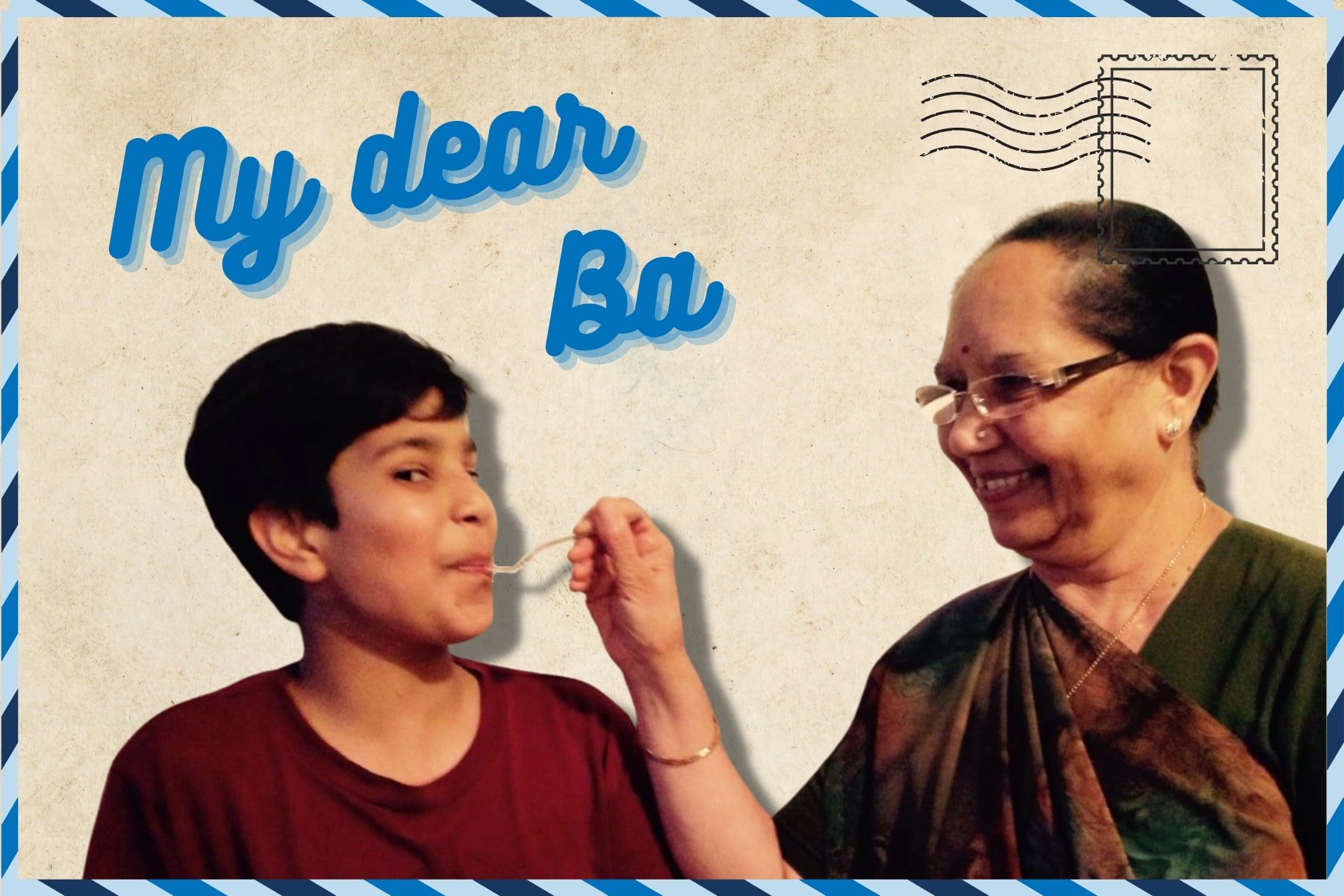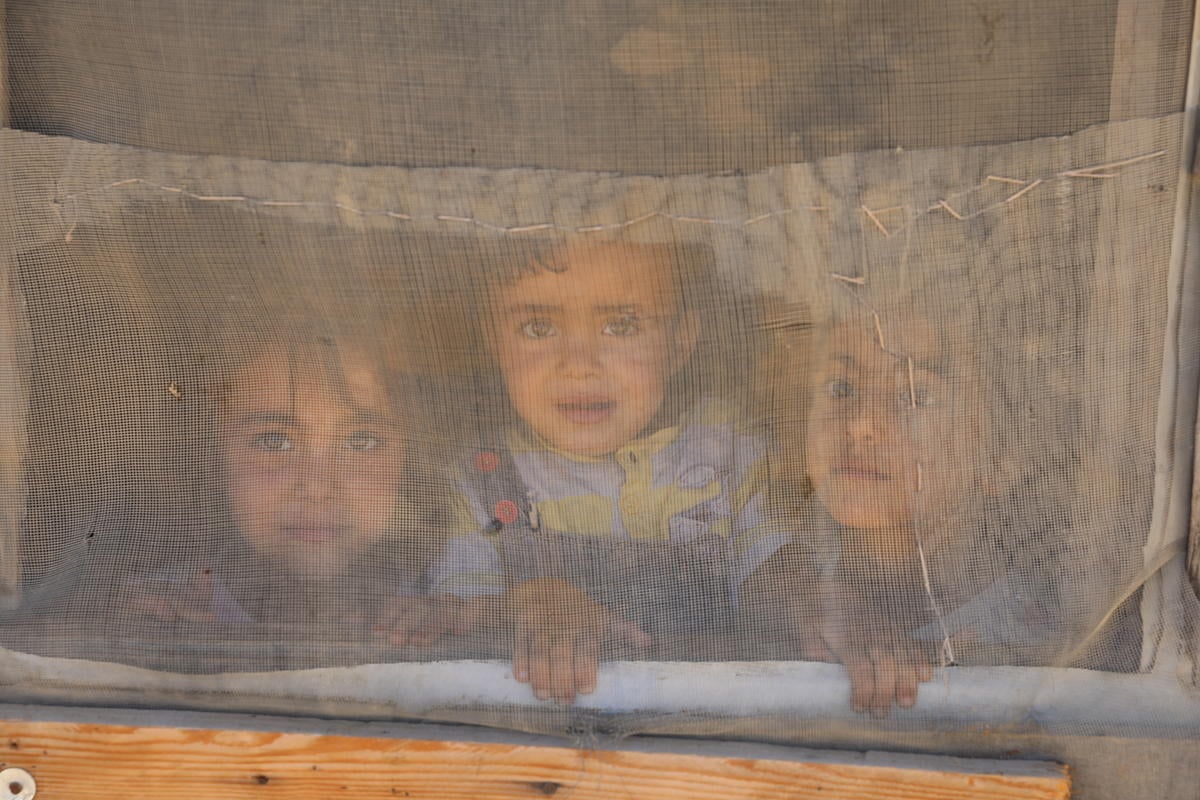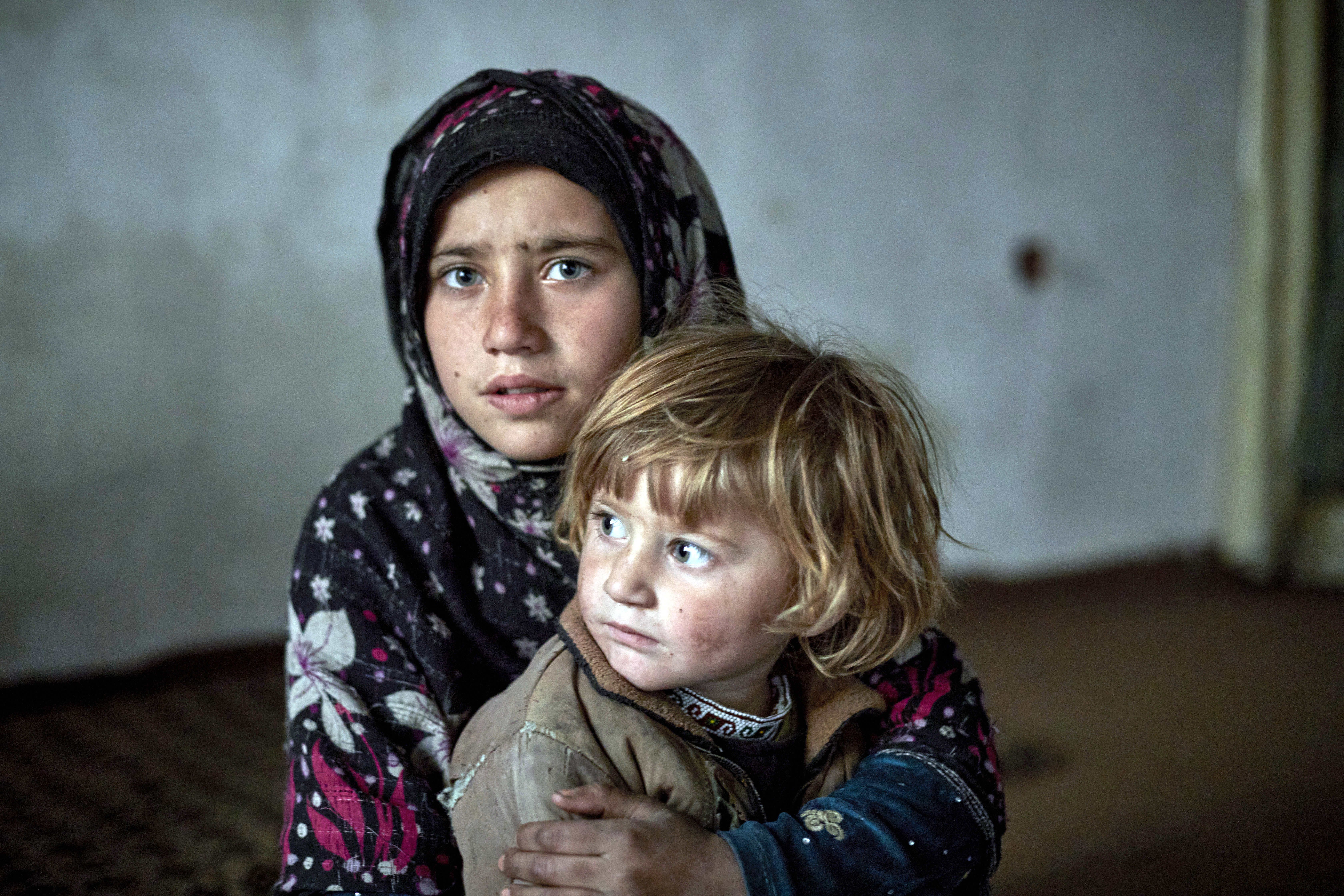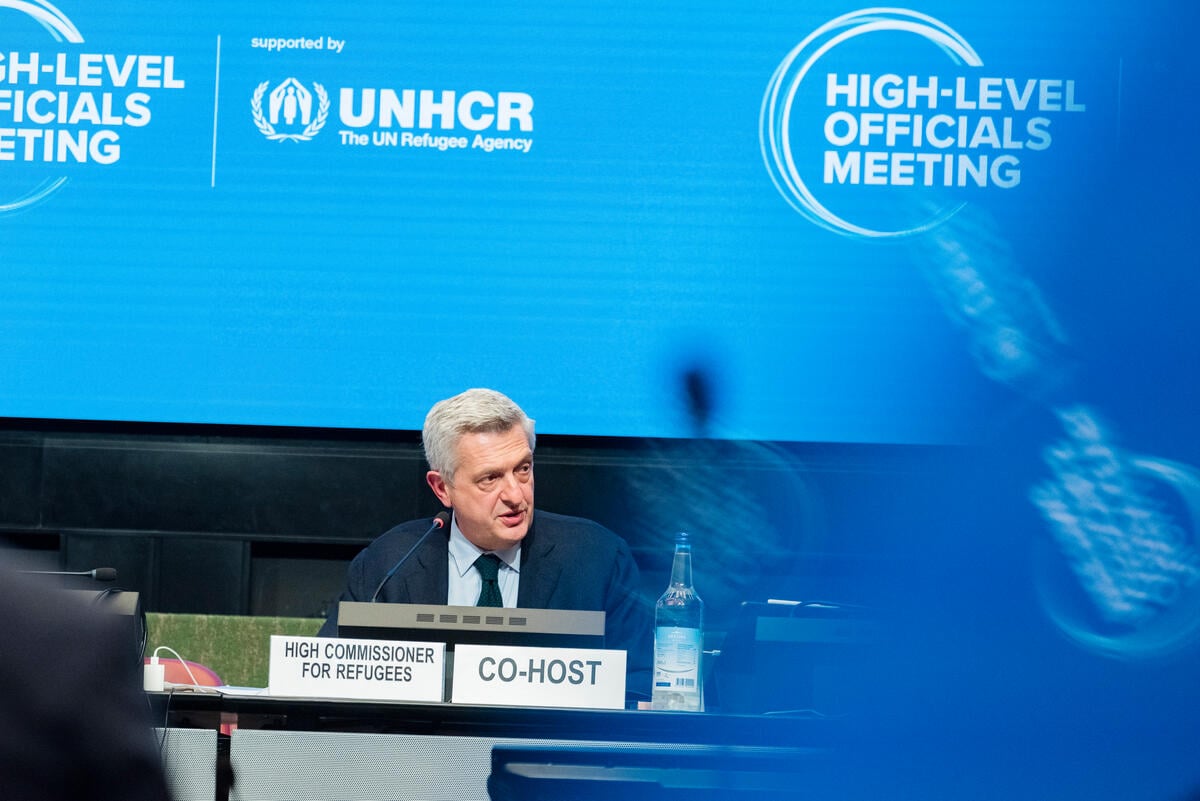Refugees from Myanmar get a crash course on Dutch culture, society
Refugees from Myanmar get a crash course on Dutch culture, society

AMERSFOORT, Netherlands, July 31 (UNHCR) - When a group of 35 refugees from Myanmar flew to Amsterdam's Schiphol Airport earlier this year, they had already been schooled in how to deal with the culture shock of living in a new and strange country.
But participation in special cultural orientation courses held at two Thai refugee settlements could not fill in all the gaps, and they have been building on the knowledge gained in their tropical classrooms with further courses at a reception centre in the central Netherlands town of Amersfoort.
The group of mainly ethnic Karen refugees, some of whom had been stuck in Thai camps for more than 10 years, were accepted for the Dutch resettlement programme on the recommendation of UNHCR. They arrived here in mid-June and will move from Amersfoort to their new homes elsewhere in Holland in the next few months.
As part of their preparation, they took part in the cultural orientation course organised by Holland's Agency for the Reception of Asylum Seekers at the Ban Don Yang camp in Thailand's Kanchanaburi province and at Tham Hin in Ratchaburi province. The course was aimed at helping them understand and deal with practical, social and cultural issues once they have been found homes in the Netherlands.
"The needs of groups differ greatly. Sometimes we have to start with the basics like explaining how a washing machine, or even a simple hot water tap, works. Of course, urbanised refugees have other questions," said Nicolien Rengers, coordinator of the courses attended by the refugees, including over a dozen children and teenagers.
"However, all of them have one thing in common: they want to know as much as possible about their new home country. During the four-day training in the camps we try to answer their questions and prepare them for the challenges that lie ahead," added Rengers, who also heads the centre at Amersfoort.
The refugees seemed delighted to be in the Netherlands and enthused about the country and their reception after the hardships and isolation of camp life. During the course in Ban Don Yang, which 31 of the refugees attended earlier this year, the most popular subject was language.
They all wanted to learn Dutch words that would immediately come in handy. The housewives wanted to know how to ask for typical ingredients used in Asian cooking, such as rice, chilli and oil. A teenager, on the other hand, asked the teacher: "How do you say, 'You are the prettiest'?"
The refugees watched videos of the Netherlands in a classroom adorned with posters depicting the flat landscape, windmills and other typically Dutch scenes. They were alarmed to hear that half of the country is below sea level, but were assured that the country's system of dykes and tidal barriers protect it from devastating flooding.
The refugees also wanted to know about practical things such as getting a job and opportunities for studying. They also learnt about ethical and social standards in the Netherlands - including topless sunbathing and same-sex marriages - which probably seemed loose to people coming from a more conservative society.
The group evaluations were very positive and the refugees said they felt a lot more confident about life in the Netherlands after attending the course. The refugees, showing a healthy competitive spirit, had only one suggestion - there should have been a prize for the person who learnt the most.
"They are extremely focused and willing to learn," said one of the course teachers, Chantal Berkers, who added that their attitude would help them merge into Dutch society more easily and successfully. The Netherlands is home to only a few hundred people originating from Myanmar.
Although the number of asylum applications in the Netherlands has declined sharply from its peak in the early 1990s, the Netherlands remains an active player in the development of a common European asylum system. The Netherlands seeks to resettle a quota of 500 "invited guests" each year and the 35 refugees from Myanmar were amongst 99 people from that country offered resettlement this year.
The Netherlands is one of just a few European countries which implement a refugee resettlement programme. UNHCR is urging more European countries to follow the Netherlands' example and join the global resettlement effort.
By Lizette van Bergen in Amersfoort, Netherlands









